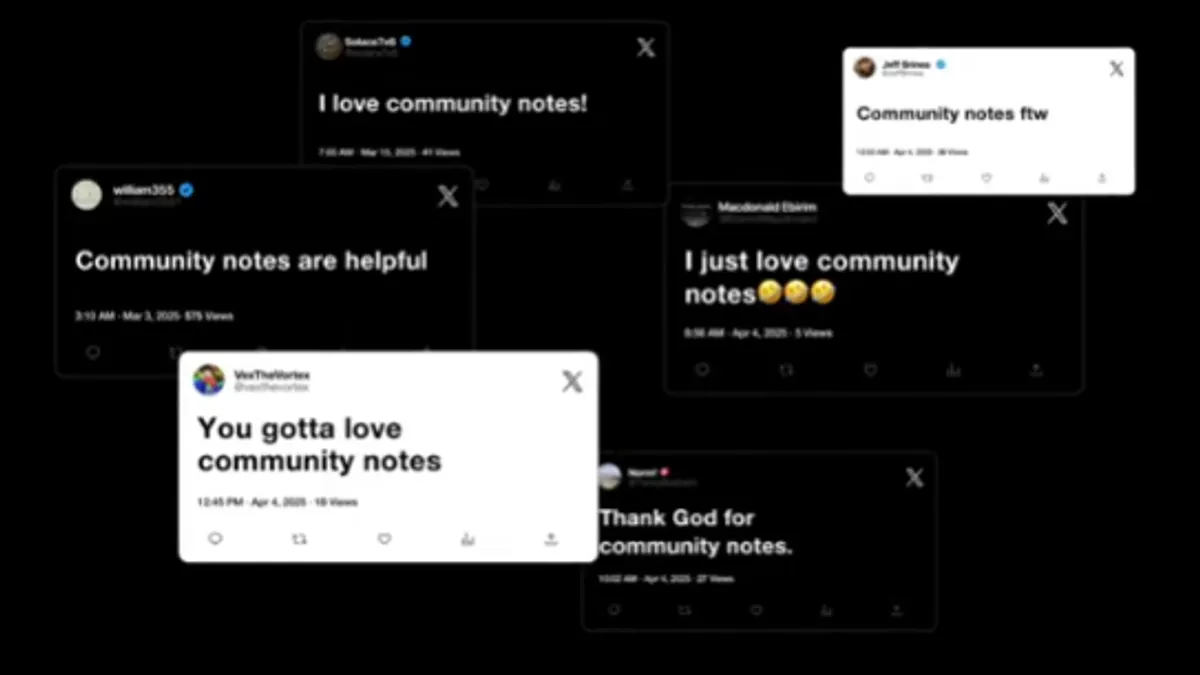Texas Law Requires App Stores to Verify User Age
Texas Governor Greg Abbott recently signed Senate Bill 2420, a new online child safety law. This bill mandates app stores, such as Apple's App Store and Google Play, to verify the age of their users. The law requires parental consent before minors can download most apps or make in-app purchases.
Shifting Responsibility for Age Verification
This new law aligns with Meta's ongoing campaign to shift the responsibility of age verification from individual apps to the app stores themselves. Meta argues that app store-level age checks are more efficient and provide greater consistency. This approach contrasts with Apple's current stance, which places the onus on individual app developers. Apple contends that app store age verification would necessitate extensive data tracking, potentially compromising user privacy.
Utah passed a similar law earlier this year, and a federal bill addressing this issue is also under consideration. This growing momentum suggests Meta's advocacy is gaining traction.
Meta's Push for Stronger Child Safety Measures
In 2023, Meta proposed that app stores should verify user ages during the app download process. This proposal aims to prevent children from accessing adult-oriented apps or, at minimum, ensure parental awareness. Meta believes this approach offers a more scalable and uniform solution compared to individual app-level age checks.
Apple and Google's Resistance
Both Apple and Google have resisted these proposed changes. Apple, in particular, has actively lobbied against such legislation, preferring that individual apps remain responsible for content access. However, with increasing legislative support for app store age verification, Apple has already adjusted some App Store rules, implementing new restriction categories for certain apps.
The Debate Continues
The debate over who bears the responsibility for online child safety continues. While Apple and Google express concerns about data privacy, proponents of the new laws argue that protecting children from inappropriate content outweighs these concerns. With increasing legislative action, app stores may face mounting pressure to implement more robust age verification measures.
Several regions are exploring new social media access restrictions, including laws limiting access to users over 16. These proposals, also facing opposition from social media platforms, highlight the growing demand for stricter age restrictions and verification processes to mitigate the potential harms of social media use.
While various age verification methods, such as video selfies verified by third parties, are being tested, a comprehensive, system-wide approach at the app download stage is considered more effective in preventing children from accessing inappropriate content. This remains a complex and contentious issue, but the increasing support for app store age verification suggests a potential shift in the digital landscape.








